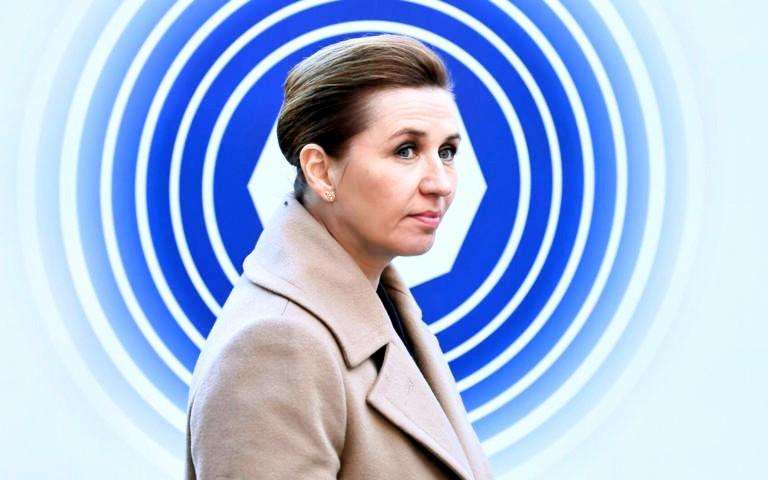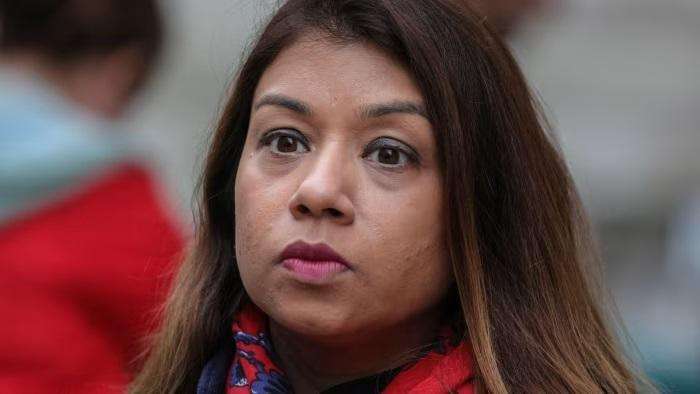Due to Denmark's stringent immigration laws, 860 asylum requests were granted last year—the fewest since 2020, when COVID-19 lockdowns prevented new arrivals.For over two decades, right-wing parties have shaped Denmark's immigration policy. Since taking office in 2019, Prime Minister Mette Frederiksen, who leads the center-left Social Democrats, has advocated for a "zero refugee" policy. Last year, 2,300 asylum claims were received by the roughly six million-person nation.
“Last year, authorities granted the smallest number of residency permits to asylum seekers that we have seen in recent years,” Kaare Dybvad Bek, the immigration minister, said, calling the figure “historic”.
Home Office figures showed that the UK, which has a population more than 10 times that of Denmark, granted a total of 67,978 asylum claims in the year to June 2024 – more than triple the 21,436 in the previous year.The figures from Denmark come as the European Union is preparing plans on how they will implement overhauled rules for asylum seekers to be operational by mid-2026.
Denmark has already managed to negotiate an agreement to keep it outside the EU’s common asylum policy, and Copenhagen has over the years implemented a range of initiatives to discourage migrants, while making Danish citizenship harder to obtain.Ms Frederiksen told the Financial Times last year that the country’s hardline approach to crime and immigration, which included revoking residency permits for Syrian refugees in 2021 and 2023, was popular with Left-wing, working class voters.
“An unsafe society is always a bigger challenge for people without a lot of opportunities. If you have the money, you will always be able to defend yourself.”
‘Broad consensus’ over limiting immigration
In 2018, the country introduced the so-called “anti-ghetto law” that aimed to reduce the number of “non-Western” residents in certain housing areas to less than 30 per cent by 2030.
The laws, which were updated in 2021, gave municipalities the right to set up “prevention areas” where they can refuse to rent to those who are not originally from Denmark, the EU or EEA or Switzerland.
Local police chiefs were also given powers to double punishments for crimes such as vandalism and theft.
The legislation also called for social housing in these areas to be reduced to 40 per cent.
Critics have said the policies are discriminatory, and a group of residents from one designated area in Copenhagen are currently seeking a European Court of Justice ruling on the government’s use of the term “non-western”, which they argue breaches EU anti-race discrimination laws.
Mr Dybvad Bek said in 2024 that there was a “broad consensus” in Denmark towards limiting migration, with only “a few parties on the far-Right and the far-Left” outside of it.
“I would say 80 to 85 per cent agree that on the one hand we cannot accept an endless number of refugees, and on the other, we are of course part of international conventions – human rights, refugees’ rights – and we strictly have to respect these as well,” he said.
Source-Daily Telegraph




_2.jpg)



.svg)



_6.jpg)